Institut talabalari olgan nazariy bilimlarini amaliyotda qo'llashi bilan mustahkamlashadi

- Institut yangiliklari
- E'lonlar
- Rekvizitlar
- Grant
- Anticor
- eco faol talabalar
- Yashil universitet
Uzbek 
- Institut yangiliklari
- E'lonlar
- Rekvizitlar
- Grant
- Anticor
- eco faol talabalar
- Yashil universitet
So'nggi yangiliklar
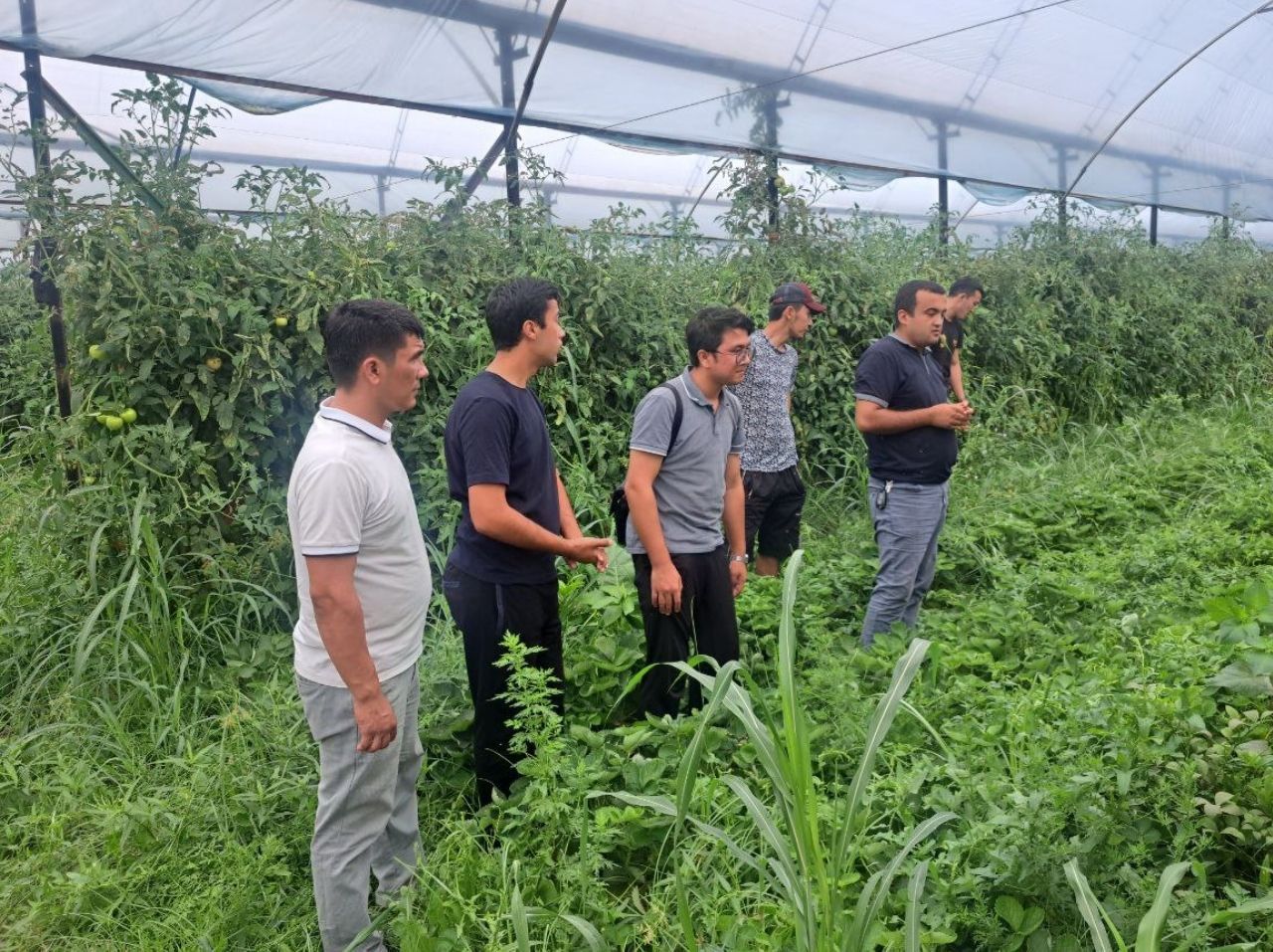
issiqxonada amaliy mashg‘ulotlar
Jul 08 2025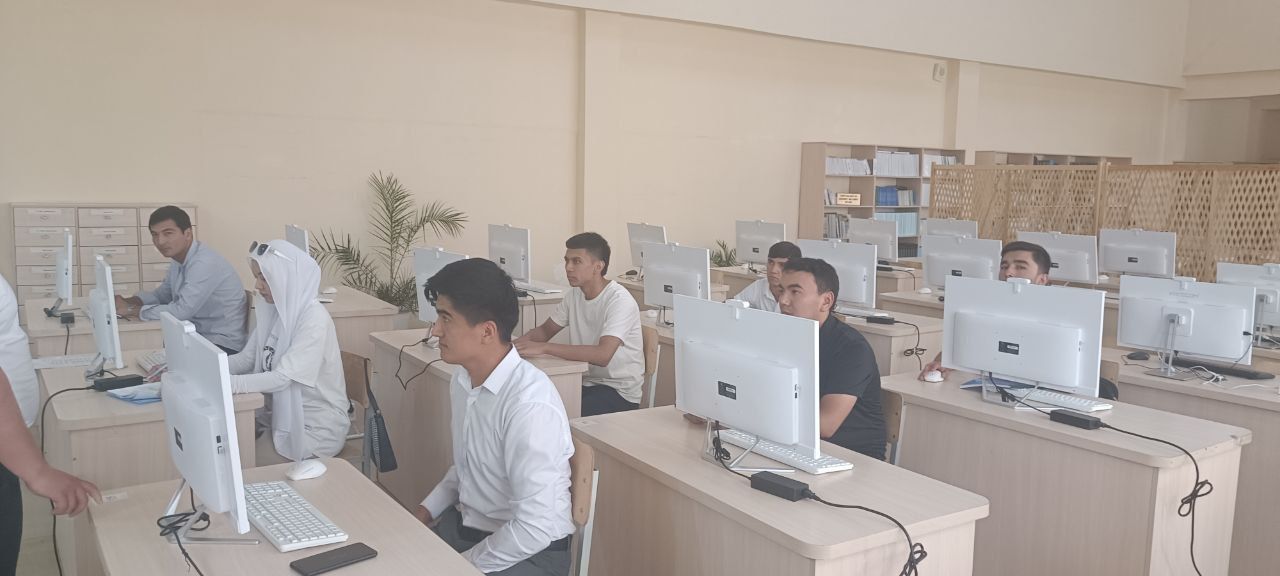
Buxgalteriya ko‘nikmalari
Jul 08 2025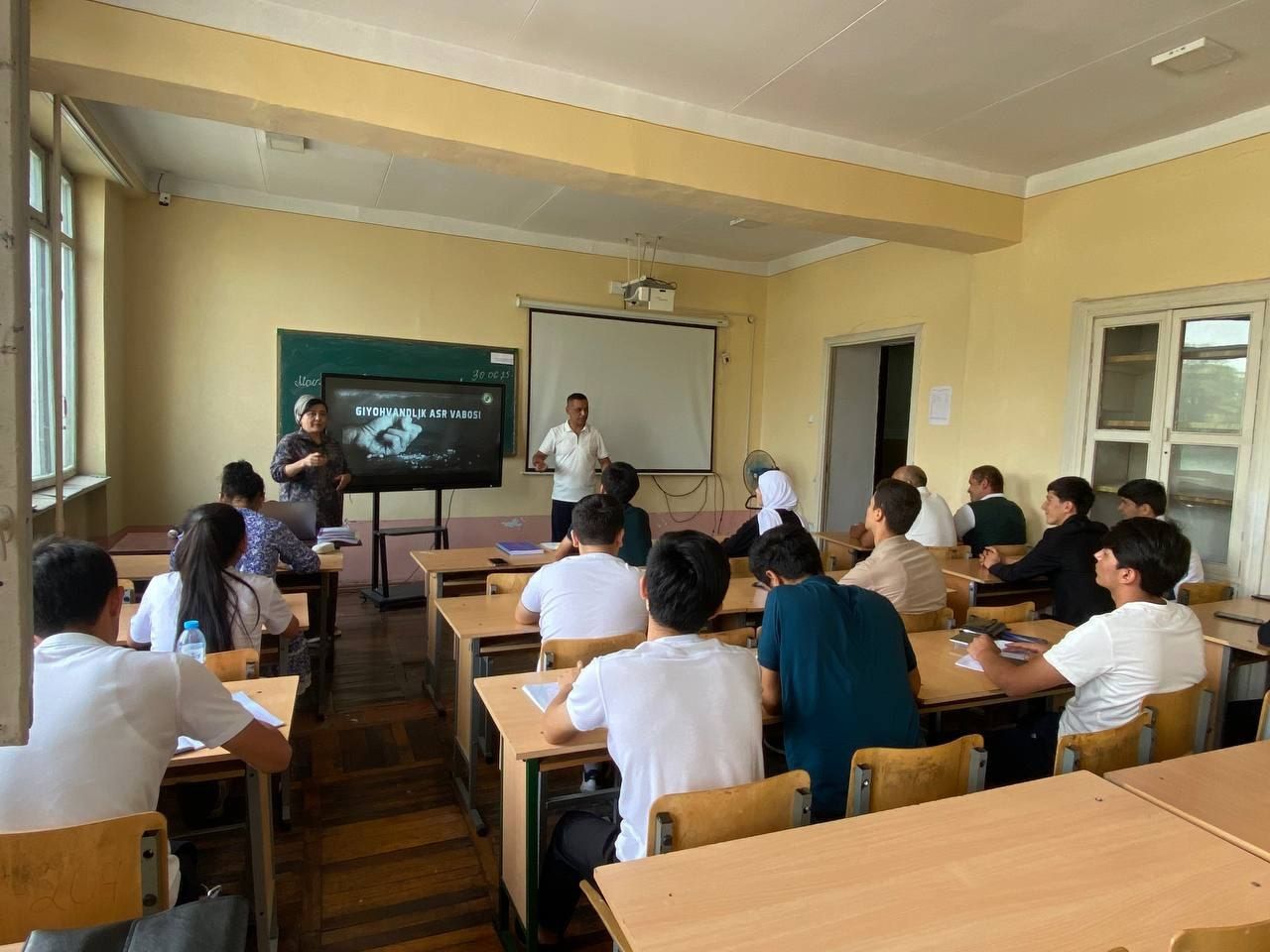
Giyohvandlikka qarshi kurash mavzusida davra suhbati
Jul 01 2025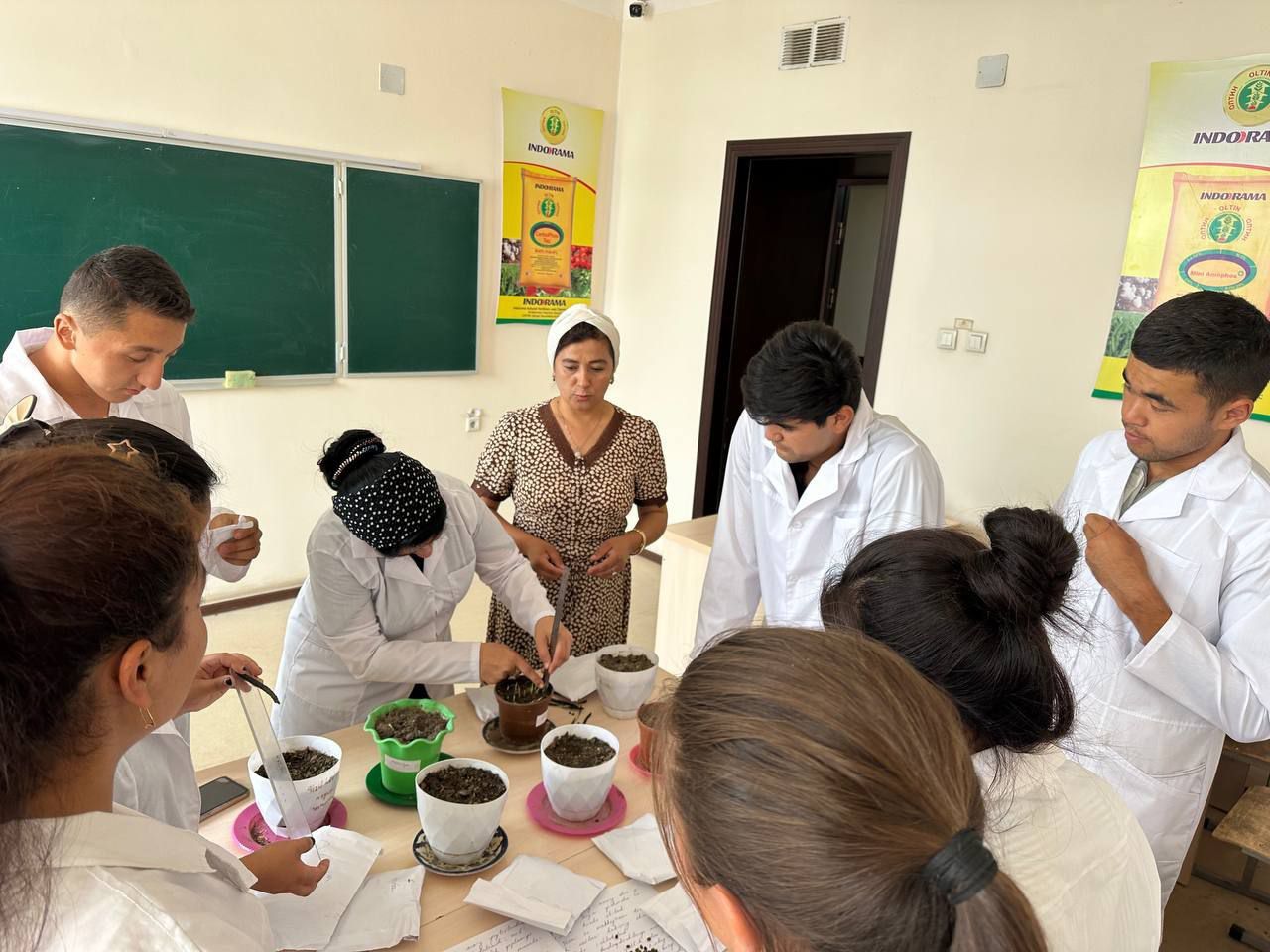
"Dolzarb 90 kun"
Jun 28 2025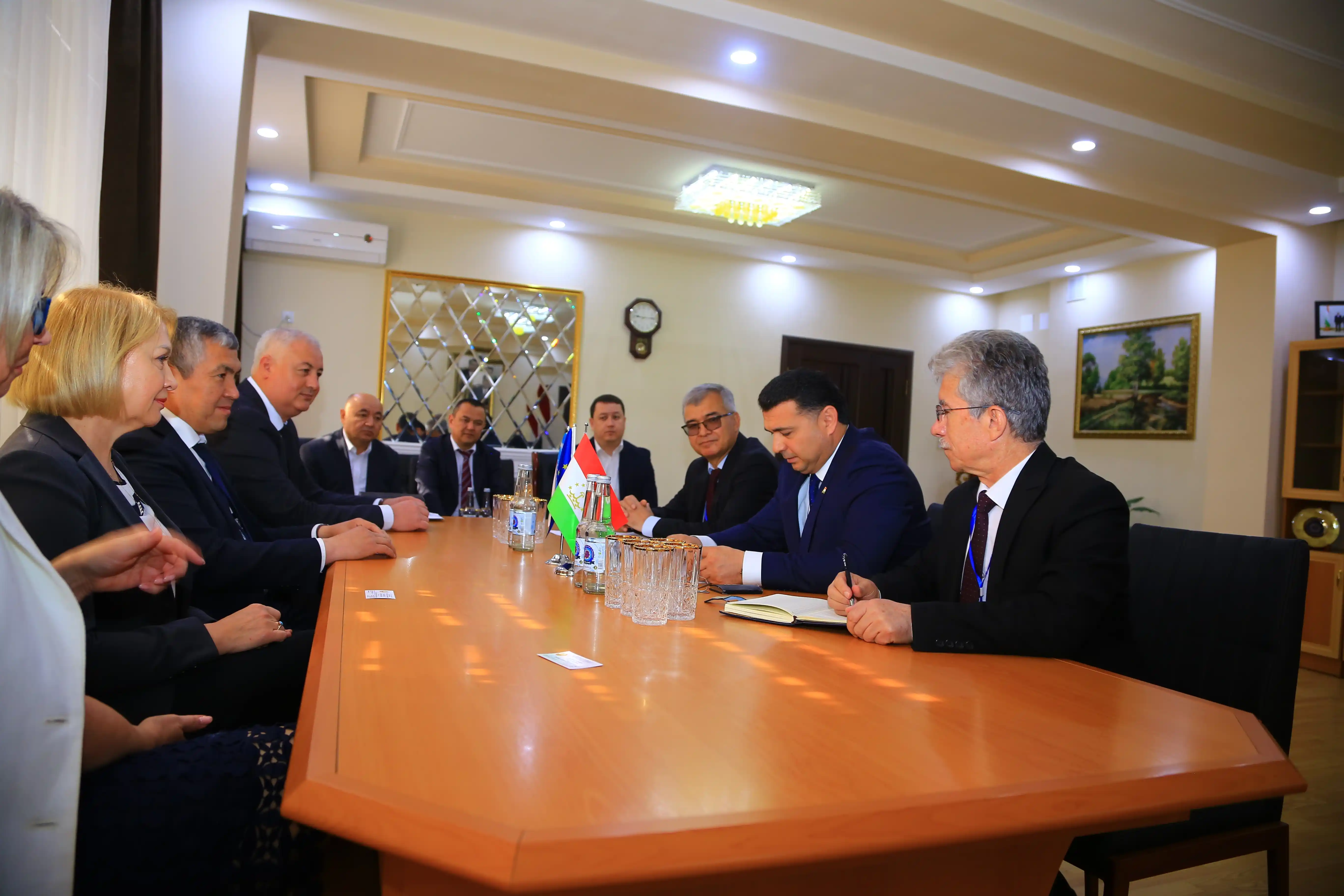
60 dan ortiq xorijiy universitetlar va xalqaro fondlar bilan hamkorlik shartnomalari institutda ilg'or tajribalarni joriy qilish orqali ta'lim sifatini va institutning reyting ko'rsatkichlarini oshirishga xizmat qiladi
Biz haqimizda
Аndijon qishloq xoʼjaligi va agrotexnologiyalar instituti Oʼzbekiston Respublikasi qishloq va suv xoʼjalik tarmoqlari uchun yuqori malakali mutaxassislar tayyorlaydigan yirik oliy taʼlim muassasalaridan biridir
Batafsil ma'lumot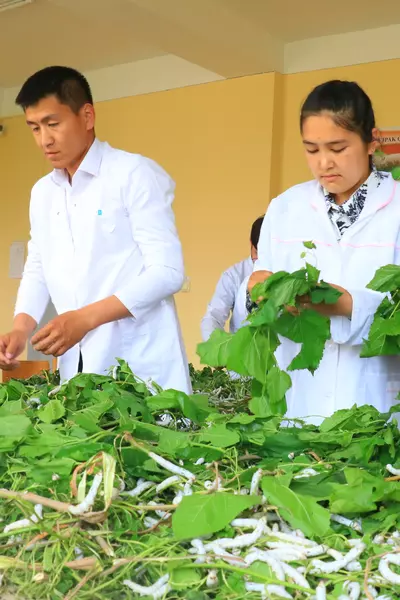
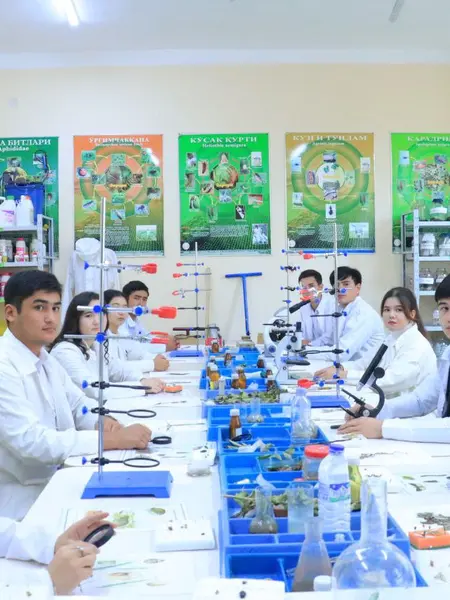
Yo'nalishga mos bo'lgan laboratoriya xonalaridan bilim olishda unumli foydalanish talaba malakasi va ko'nikmalarini oshiradi

Sholi ko'chatlarini ekuvchi mashinaning sanoat nusxasini yaratish

Takroriy tajribalar - yuqori aniqlik kafolatidir.

Robotexnikani qishloq xo'jaligida qo'llash
E'lonlar
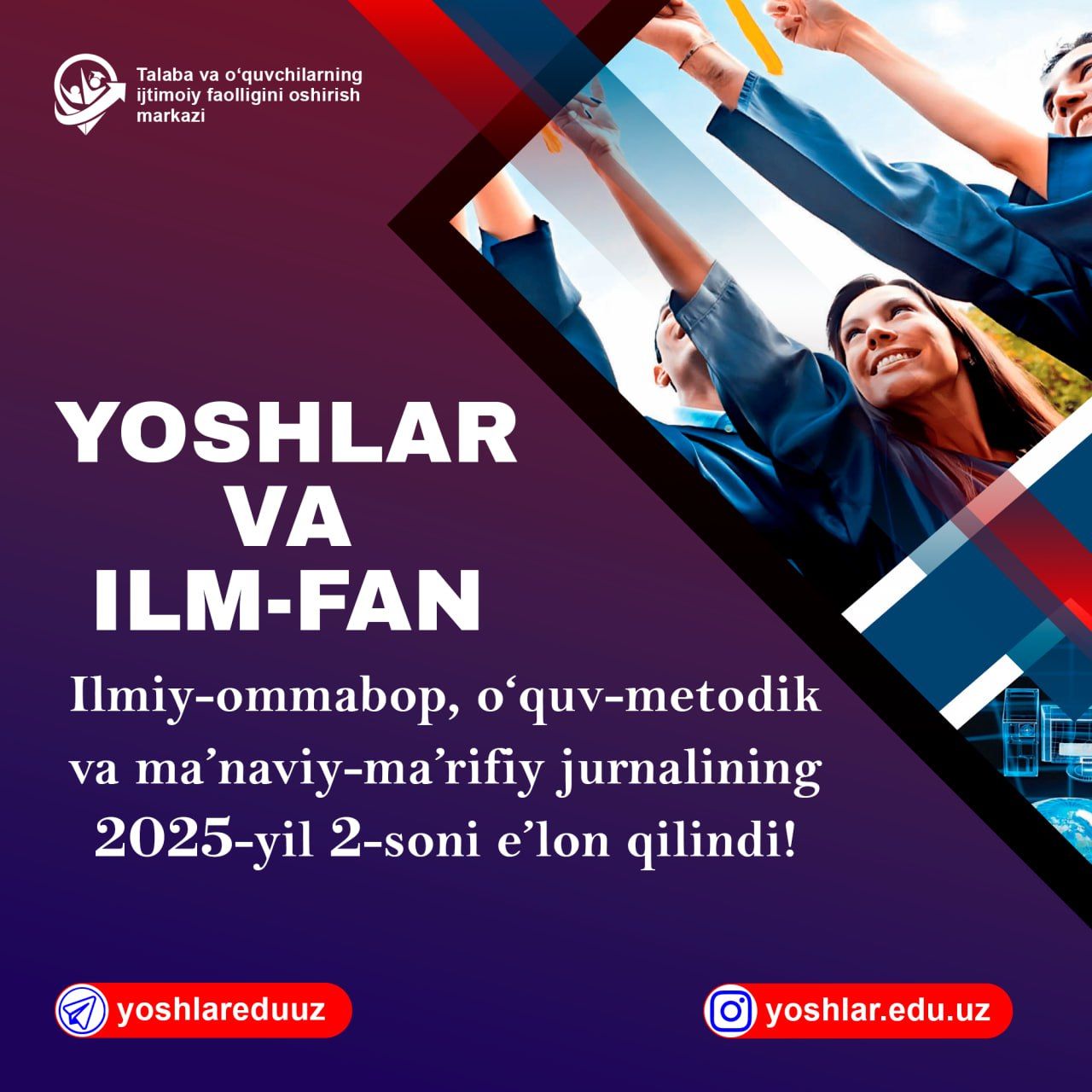
“Yoshlar va ilm-fan”
09 Jul, 2025
09 Jul, 2025

Grantlarni taqdim etish va qayta taqsimlash
09 Jul, 2025
09 Jul, 2025
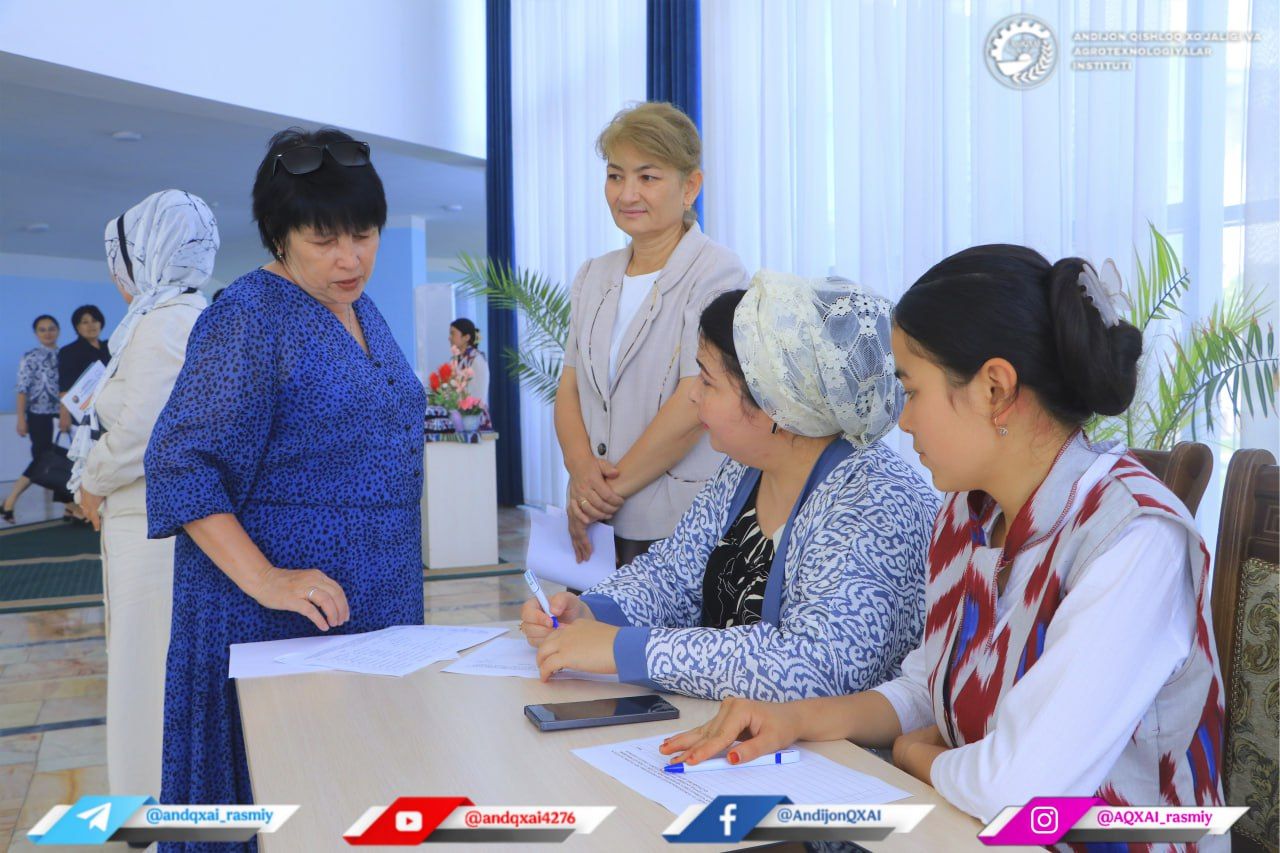
konferensiya
24 Jun, 2025
24 Jun, 2025
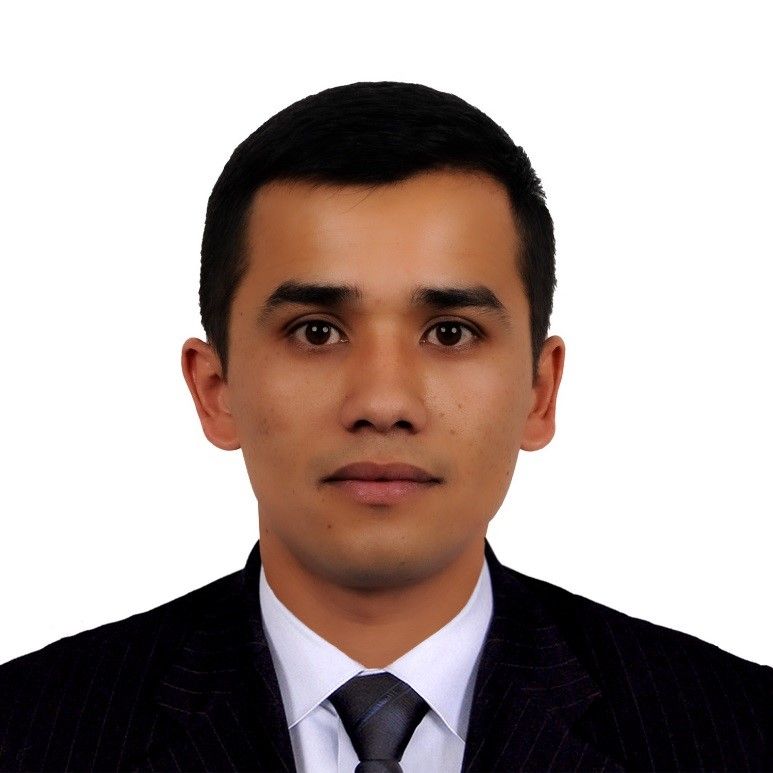
dissertatsiya ishi himoyasi
24 Jun, 2025
24 Jun, 2025
©2024 The University of ANDQXAI